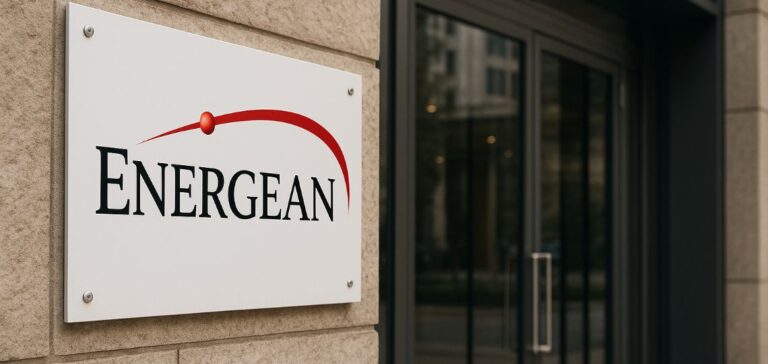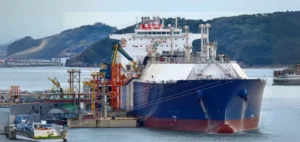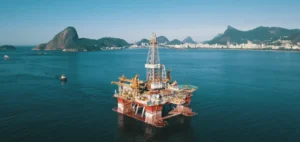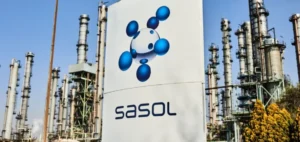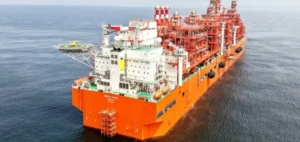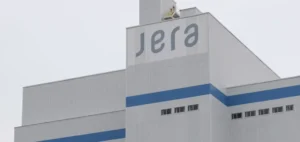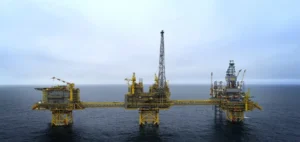The Greek-British company Energean plc, listed in London and Tel Aviv, has withdrawn from Morocco’s offshore gas sector after just over a year of operations. The company’s decision follows mixed results from the Anchois-3 drilling within the Lixus license, where discovered gas quantities proved lower than initially anticipated. Originally, Energean held a 45% stake in the Lixus license, including the Anchois gas field, and a 37.5% share in the adjacent Rissana license, becoming the main operator of both blocks in December 2023. At that time, Energean acquired these stakes from British firm Chariot Limited, which retained 30% of the Lixus license and 37.5% of Rissana, while Morocco’s National Office of Hydrocarbons and Mines (ONHYM) consistently held a 25% share in each permit.
Asset transfer to Chariot Limited
Following the results of the Anchois-3 well drilled in September 2024, Energean opted for a swift exit strategy. Although several reservoirs containing good-quality gas were confirmed during the drilling, quantities were insufficient to support the initial project plans envisioned by the company. This led to a complete divestment, in early May 2025, of Energean’s Moroccan subsidiary to Chariot Limited, which now holds 75% of both the Lixus and Rissana permits. Chariot has thus regained full operational control of these offshore licenses, with ONHYM continuing as a minority partner, maintaining its unchanged 25% stake.
Energean’s strategic refocus on its core assets, particularly in Israel, had previously been indicated in June 2024 with a planned $945 million divestment of several assets in Egypt, Italy, and Croatia to Carlyle International Energy Partners. This deal, however, did not materialize due to complications in obtaining regulatory approvals in Italy and Egypt. Consequently, Energean had already considered withdrawing from Morocco as early as autumn 2024 due to these strategic uncertainties.
Immediate market impact
Energean’s departure announcement did not go unnoticed on international financial markets. On the day of the asset transfer, Chariot Limited’s shares experienced a significant drop, approaching 17% at the opening of the London Stock Exchange. However, this initial decline moderated throughout the trading session, demonstrating investor resilience in response to this strategic asset reallocation. Conversely, Energean’s share price remained largely unaffected, supported by a diversified portfolio that notably includes its Israeli gas projects.
Chariot’s forward-looking strategy involves adapting its development plan to the proven resources at the Anchois field, considering the outcomes of the three wells drilled to date. The British company continues to emphasize the economic attractiveness of the Moroccan gas market, characterized by strong local demand and financial conditions perceived favorably by industry players.


